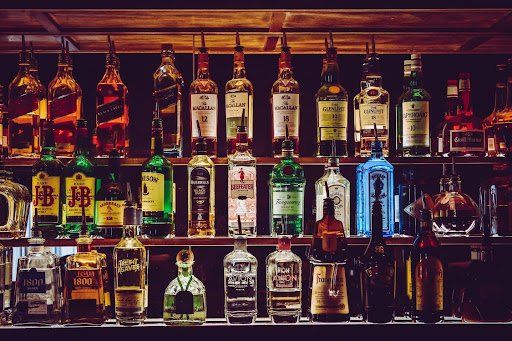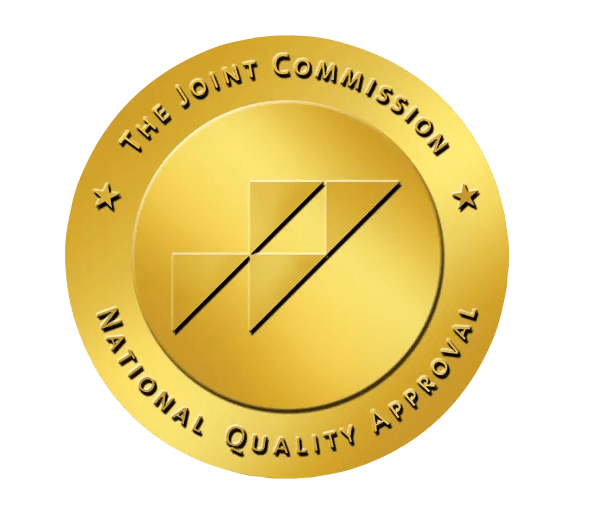Behavioral Addiction Examples and Treatment
4 Types of Behavioral Addictions

When most people think of addiction, their minds go to drugs and alcohol.
However, addiction isn’t limited to physical substances. Behavioral addictions occur the same way physical ones do – via neurotransmitters and other chemicals flooding the brain whenever the individual engages in the activity.
While the behavior associated with these addictions are commonplace and can be engaged in without developing an addiction, some people end up becoming dependent on them and start abusing them.
Let's dive deeper into the different types of behavioral addictions, what they entail, and addiction recovery.
ALSO READ: What Are the Stages of Addiction Recovery?→
What is Behavioral Addiction?
Behavioral addictions or process addictions, refer to compulsions to engage in certain behaviors or activities despite harmful consequences on health, functionality, finances, and relationships.
While most people can engage in these activities without developing behavioral addictions, some can become dependent on them, and the cycle of addiction follows.
Because of the “high” associated with the behavior, individuals continue to engage in it despite adverse consequences. This also includes withdrawal.
However, instead of feeling physical withdrawal from a substance, people experience negative emotions and other symptoms when unable to perform the activity.
While it’s true that process addictions don’t result in physical dependence, they do result in physical consequences.
For example, sex addictions may result in sexually transmitted diseases, while food addictions may result in obesity and other health risks. Similarly, gaming addiction results in headaches, body pain, and conditions like carpal tunnel syndrome.
In addition to physical consequences, addicts also suffer from psychological effects like anxiety.

Types of Behavioral Addictions
There are many types of behavioral addictions. They range from everyday habits like shopping and playing video games to other activities associated with danger, such as gambling and reckless sex.
The following are some of the most common process addictions:
1. Gambling Addiction
Gambling addiction or gambling disorder is the only behavioral addiction in the Diagnostic and Statistical Manual of Mental Disorders Fifth Edition (DSM-5). Gambling is well-known for being addictive and can result in dire financial consequences that can affect family life, job security, and other aspects of regular life.
When individuals start placing bets more frequently, chase losses, and become preoccupied with gambling, they may develop a behavioral addiction. In addition to the emotional excitement of gambling, losing causes people to wager even more money.
Almost 10 million people in the U.S. alone suffer from gambling addiction.
2. Gaming Addiction
In the U.S., 8.5% of youth players are addicted to video games. Playing video games may seem harmless, but it can become a danger when people get addicted. Negative consequences include social isolation, sleep deprivation, emotional atrophy, and more.
3. Sex Addiction
While sex is an important part of life, some people take it to an unhealthy level. Sex addiction is being accepted as a behavioral addiction worldwide and can result in many risks, including STDs. 3-6% of the adult U.S. population suffers from compulsive sexual behavior.
Substance abuse is often a comorbid disorder and can further result in harmful consequences. However, treatment is possible, and some studies have shown the promise of using drugs like naltrexone to treat online sex addiction.
4. Food Addiction
While a lot of people are prone to overeating or eating out of boredom, some cannot control their eating habits and suffer from food addiction. They usually crave foods high in sugar, fats, and salt, and even develop a tolerance for food.
Food addiction can result in devastating consequences, including health risks, financial consequences, and social issues.
Treatment for Behavioral Addictions
If you or a loved one is suffering from process addictions, help is available.
The different types of behavioral addiction treatments include cognitive behavioral therapy, group therapy, talk therapy, and more. Hundreds of thousands of people have received treatment for behavioral addictions and have turned their lives around.
Since people with behavioral addictions also often suffer from substance abuse and other comorbid disorders, it’s always a great idea to receive help at an accredited addiction recovery center.
Pathways Recovery Centers offer comprehensive addiction treatment in the form of inpatient treatment, outpatient programs, and even private sobriety coaching.
Most therapists at Pathways Recovery Centers are fully licensed and can design treatment plans that cover underlying causes and comorbid conditions.
If you or someone you care about is dealing with an addiction, reach out to us here and begin your addiction recovery journey today.




